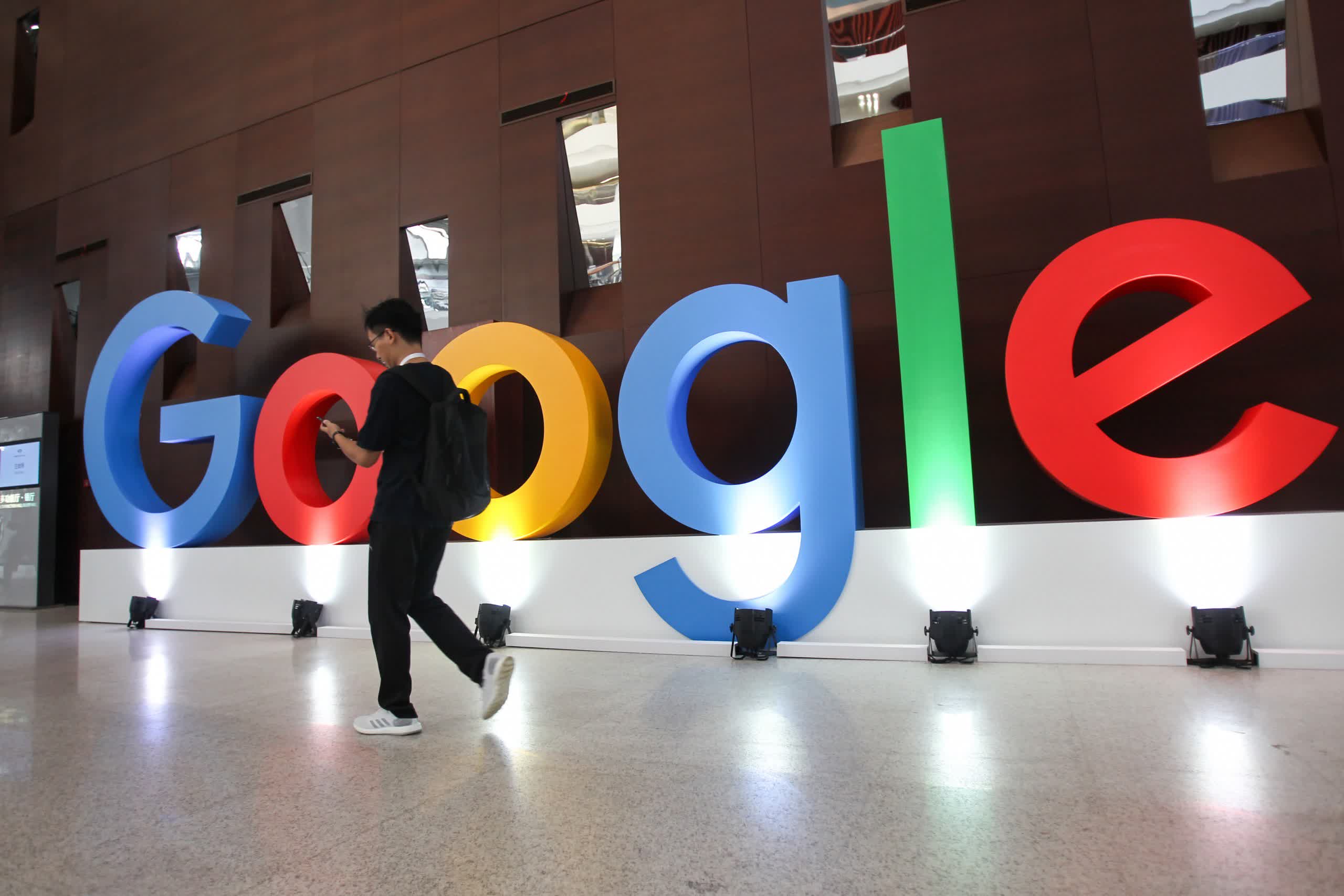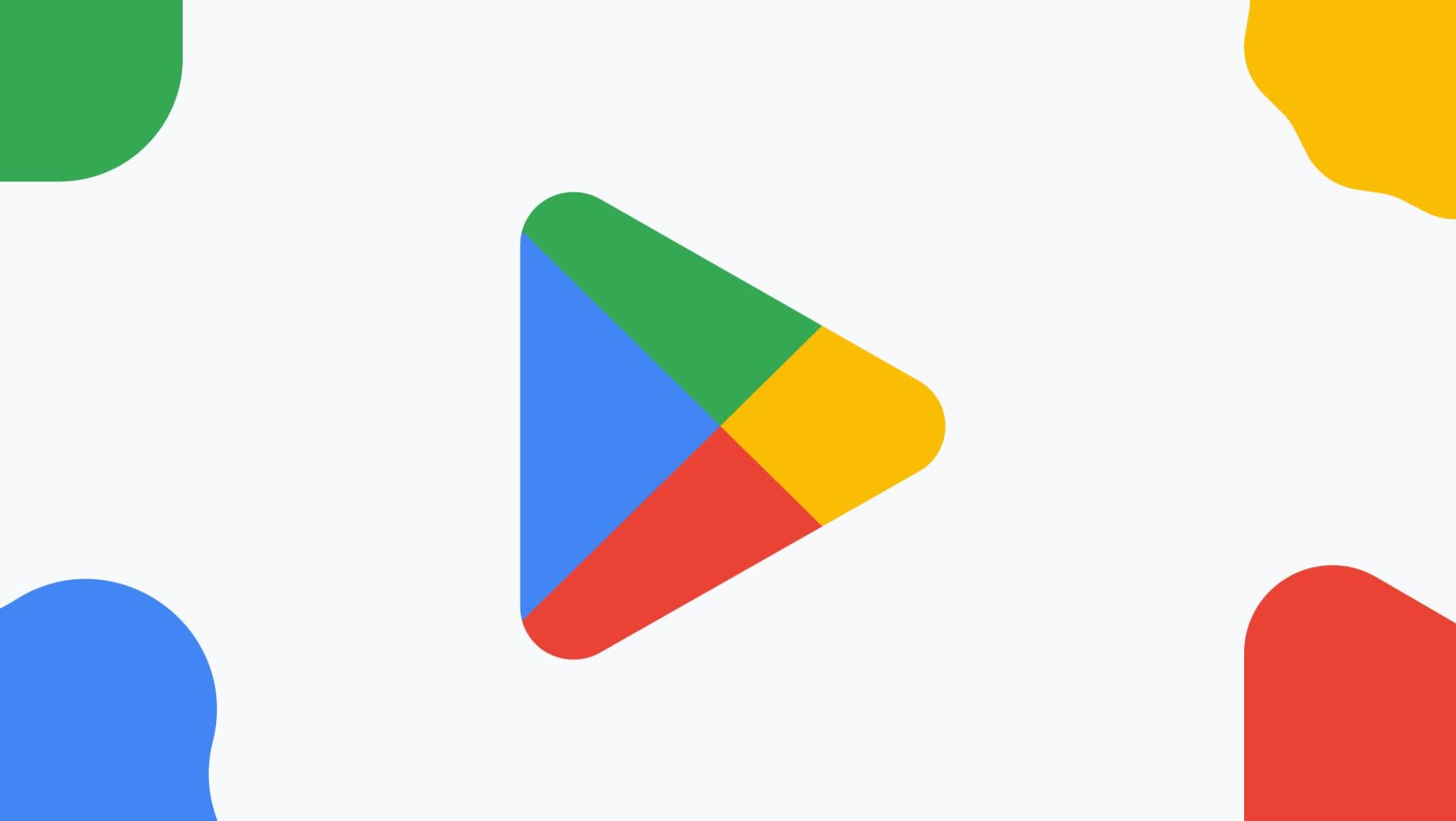In brief: Google has gradually tightened its requirements for Play Store apps over the last few years. While these regulations are ostensibly to protect Android users from malware, as the company has removed millions of fraudulent apps over the years, benign software that isn't regularly updated is likely to be caught in the dragnet.
Starting August 31, Google will begin removing apps it believes serve no purpose or exhibit minimal functionality as part of its updated rules regarding spam. Changes to other regulations will also take effect on that date.
The company's support site provides examples of apps that don't offer what it considers an engaging user experience or utility as mobile software. These include apps that do nothing but display text, PDFs, or wallpapers. Google will also purge apps that don't properly install or load.

These new rules add to the company's existing policies regarding spam and minimum functionality. Google already tries to block apps that send excessive text messages, copy significant amounts of content verbatim from other apps, or exist primarily to drive traffic elsewhere.
Apps that make misleading or impossible claims about their functionality will also draw increased scrutiny starting August 31. Examples include games with gameplay significantly different from their store descriptions, joke apps that claim to do things like repel insects, improperly categorized apps, and more.
Tackling political misinformation appears to be one of the main goals of Google's updated policies. The company will target apps that mimic news broadcasts, use the likenesses of public figures for dishonest reasons, or falsely claim to represent governments and other organizations.

Continuing the fight against fraudulent apps, Google will also purge fake copies of other apps or websites designed to steal login information. Furthermore, developers must clearly state when apps have dramatically different functionality based on a user's region or device settings. Updates that drastically alter functionality without alerting users through patch notes will also draw increased scrutiny from Google.
The August 31 policy update will additionally tighten permissions for apps accessing users' photos, videos, messages, and other files. What's more, all new apps must target the Android 14 API from that date, and existing apps must at least support the Android 13 API or risk being hidden from users who haven't already installed them. Wear OS and TV OS are exempt from this requirement.
Google began hiding apps that weren't receiving updates two years ago. Although the practice minimizes the chances of users downloading vulnerable software, many apps don't need constant updates to continue working properly.
